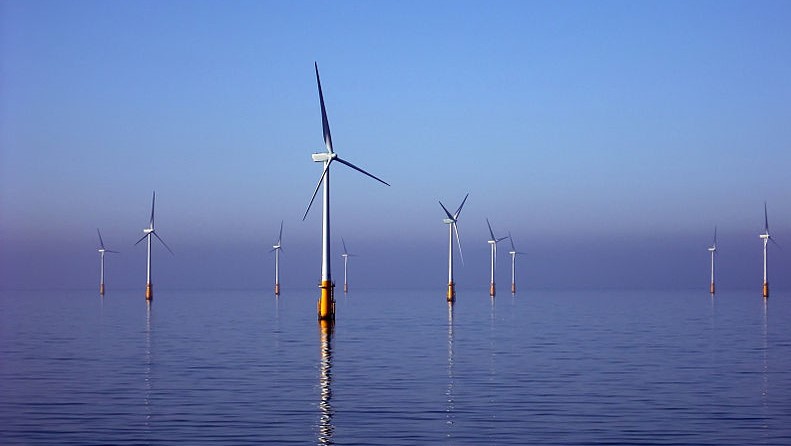All new Volvo cars to be electric or hybrid from 2019

July 6th, 2017
Volvo will only produce fully electric or hybrid cars from 2019, making it the first mainstream car manufacturer to commit to a total phase out of cars solely powered by internal combustion engines.
This may well be a landmark moment and one of the clearest a signs yet that traditional petrol or diesel fueled cars may be a thing of the past sooner than many expected.
“This announcement marks the end of the solely combustion engine-powered car,” Volvo CEO Håkan Samuelsson announced yesterday in a live-streamed press conference.
The Sweden-based company, which is owned by the Chinese car manufacturer Geely Holding Group, plans to release five fully-electric vehicles (EVs) between 2019 and 2021, followed by a range of hybrid-powered cars equipped with petrol or diesel engines.
Volvo envisions that they will have 2 million of their new electrified vehicles on the road by 2025.
Car manufacturers scrambling to comply with EU 7 legislation
Mr Samuelsson said the move is a response to customer demands, although it also coincides with the introduction of EURO 7 legislation to set legally binding carbon emission targets by 2020.
The new legislation will limit CO2 emissions of new cars sold in the EU to 95 grams per kilometer. Emissions from the average EU car was 118 grams per kilometer last year.
In 2015, new diesel cars from Volvo and other manufacturers were found by Europe’s largest motoring organisation, Adac, to emit substantially higher levels of pollution than those revealed in existing EU tests. As revealed in the Guardian, Adac tested the cars using an alternative UN standard set to be introduced by the EU this year.
Other manufacturers, such as BMW, Volkswagen, Jaguar and Land Rover, have laid out ambitious plans to ramp up production of electric cars in order to comply with this legislation.
Renault leads the pack when it comes to sales of EVs in Europe for 2017, followed by Nissan, Peugeot, Kia and the much vaunted Tesla.
EV sales continue to break records, but ending subsidies could spell danger
The global sales of electric vehicles hit a record of 750,000 in 2016 and 2017 is set to far surpass that figure again, with projected sales of over 1 million vehicles. China is the largest manufacturer, accounting for 40 per cent of electric cars sold, with the EU coming in second.
However, the fragile nature of the EV market and its reliance on substantial government tax subsidies was recently highlighted in Denmark, where EV sales dropped 60 per cent in the first quarter of this year compared with the same period in 2016.
This consumer U-turn came as the Danish government announced plans to phase out EV tax subsidies between 2016 and 2020. The government has since reversed this decision, however, consumer confusion still exists and it is affecting sales.
In Ireland, EV owners benefit from a €5,000 grant from the Sustainable Energy Authority of Ireland, up to €5,000 vehicle registration tax relief and 800 free charge points dotted around the country.
It is clear that EV technology is coming down the road but it is still unclear at exactly what speed and what obstacles lie in the way.
[x_author title=”About the Author”]






